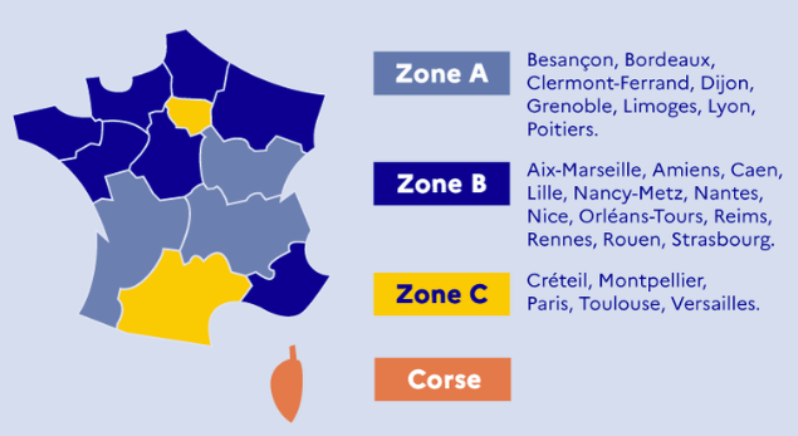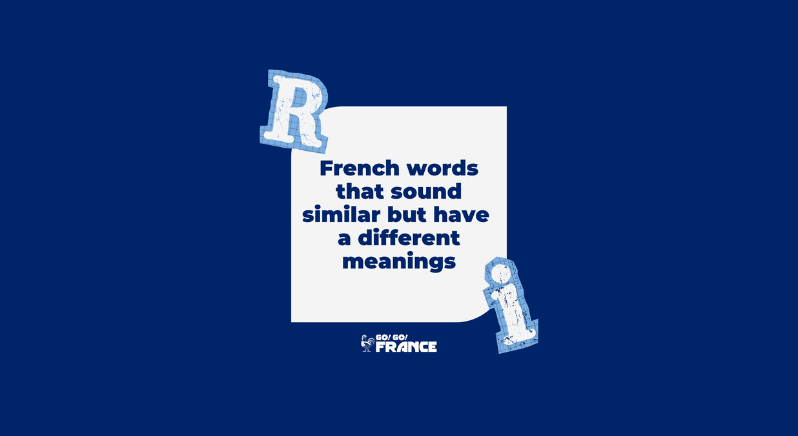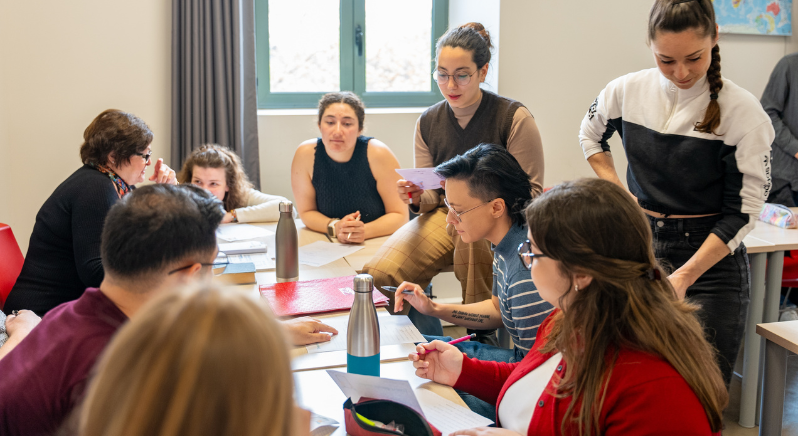Learning French is not just about mastering grammar or expanding your vocabulary; it’s about immersing yourself in the culture, understanding the nuances of the language, and connecting with its rich history.
Whether you’re planning to live, study in France, or simply passionate about the language, having the right resources for learning French can make your language learning journey both effective and enjoyable. Here’s a comprehensive guide to the best books for learning French, catering to both beginners and more advanced learners.
Why Reading in French Accelerates Learning
Reading in French is a multifaceted tool for language learning. It enhances vocabulary, improves grammatical understanding, and boosts comprehension skills. Moreover, it acquaints you with various sentence structures and idiomatic expressions, bridging the gap between theoretical knowledge and practical usage.
From Beginner to Advanced
For beginners, starting with children’s books or books with simple language is key. Look for texts with clear, straightforward vocabulary and short sentences. As you progress, gradually shift towards more complex works. Here’s how you can categorize your reading list:
- Beginner: Focus on familiarizing yourself with basic vocabulary and sentence structures.
- Intermediate: Gradually introduce books with more complex plots and diversified vocabulary.
- Advanced: Challenge yourself with literature that uses sophisticated language and explores deep themes.
Some Books for Learning French
For Beginner Readers
- Max et Lili: This series deals with everyday life situations and emotions, making it relatable for young readers. Each book addresses a different topic, such as friendship, school, or family issues, using simple language and engaging illustrations.
- Petit Ours Brun: Petit Ours Brun is a beloved character who experiences many of the same daily activities and emotions as young children. The simple sentences and repetitive structure are excellent for beginners.
- Le Petit Nicolas: A series of delightful stories about a little boy named Nicolas and his everyday adventures. The language is simple and the stories are short, making it perfect for beginners.
- T’choupi: This series is aimed at very young readers and features T’choupi, an adorable character experiencing everyday life situations. The simple vocabulary and repetition of phrases are great for those just starting to learn French.
- Monsieur Madame: These short, humorous stories feature a variety of characters, each representing a different personality trait or emotion. The simple and repetitive text is ideal for beginners.

For Intermediate Readers
- Le Petit Prince: Although often recommended for beginners, “Le Petit Prince” holds layers of philosophical meaning and linguistic nuance that can be more fully appreciated by intermediate learners.
- L’Étranger: A classic of French literature, this novel offers straightforward prose that explores deep existential themes. Its relatively simple language and profound story make it an excellent choice for B1/B2 level readers.
- La Délicatesse: A charming story about love and loss, featuring straightforward language mixed with poetic descriptions. It’s an uplifting read for intermediate learners, offering cultural insights along with language learning.

For Advanced Readers
- À la recherche du temps perdu: A masterpiece of French literature, this series of seven novels is known for its intricate exploration of memory and time. Proust’s complex sentence structures and exquisite use of language make it a rewarding challenge for advanced learners.
- L’Écume des jours: A novel that blends fantasy, romance, and existentialism. Vian’s inventive use of language, puns, and neologisms offers a unique challenge for advanced readers, while the story itself is both whimsical and heartbreakingly tragic.
- Madame Bovary: A masterpiece of French literature, this novel offers complex characters and an intricate narrative style that demands a higher level of language proficiency.
- Les Misérables: Hugo’s epic tale provides a deep dive into historical and social themes of France, challenging readers with its rich vocabulary and complex sentence structures.
Benefits of Reading Books in French
- Enhanced Vocabulary: Regular reading exposes you to new words and phrases, helping you expand your vocabulary.
- Improved Grammar: Seeing grammatical structures in context aids in understanding and retention.
- Cultural Insights: Books offer a window into the cultural and social nuances of French-speaking countries.
- Reading Comprehension: Regular practice improves your ability to understand written French, an essential skill for academic and professional success in France.
Tips for Integrating Reading into Your Learning Routine
- Set Realistic Goals: Start with a few pages a day and gradually increase your reading as your comprehension improves.
- Use Resources: Don’t hesitate to use dictionaries or apps to look up unfamiliar words.
- Mix Genres: Keep your reading list diverse to maintain interest and challenge yourself with different language styles.
- Discuss and Reflect: Share your thoughts on the books with friends or in study groups. This will deepen your understanding and enhance your language skills.
The Ultimate Resources for Learning French
When it comes to mastering the French language, immersive learning stands unparalleled in its effectiveness, offering learners the unique opportunity to live the language in its native context. By studying at a language school in France, students are not only taught by native speakers but are also surrounded by French culture, customs, and daily interactions that textbooks simply cannot replicate.
At Go! Go! France, we’re dedicated to making your dream of studying in France a reality. Through our tailored services, comprehensive support, and student-first approach, we simplify the visa application process and pave the way for your educational adventure in France.
When you feel ready to start, contact Go! Go! France team here to get your life and study in France journey started.











